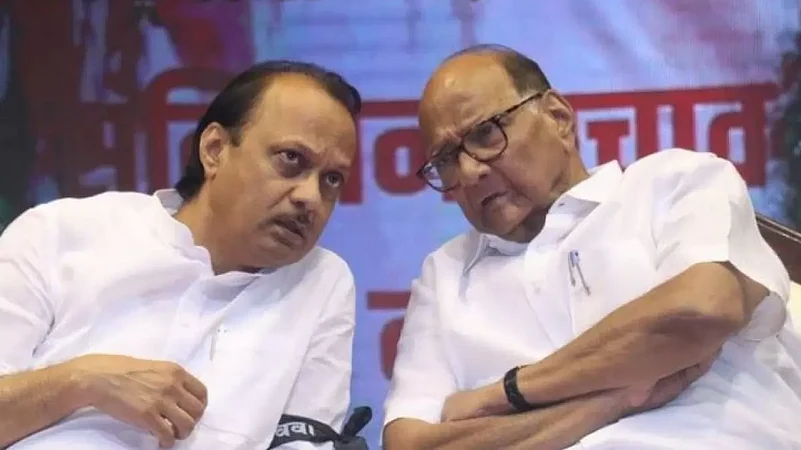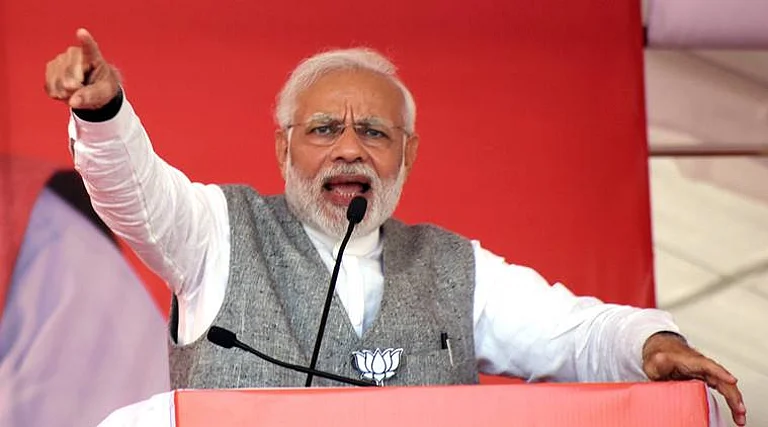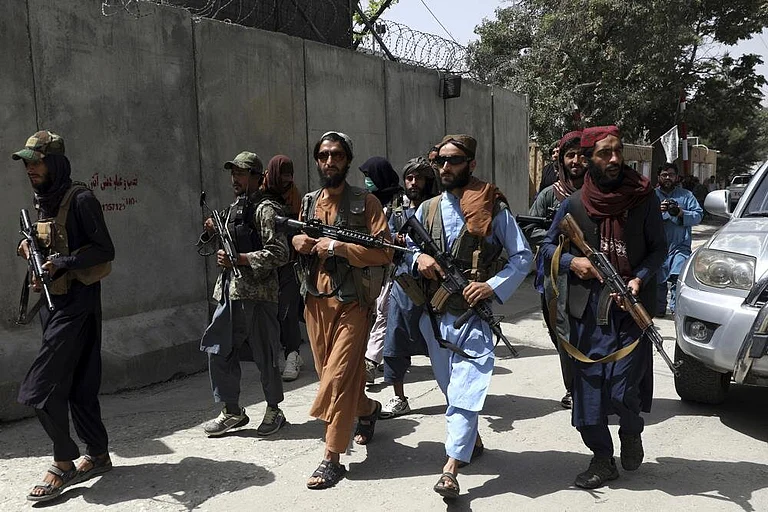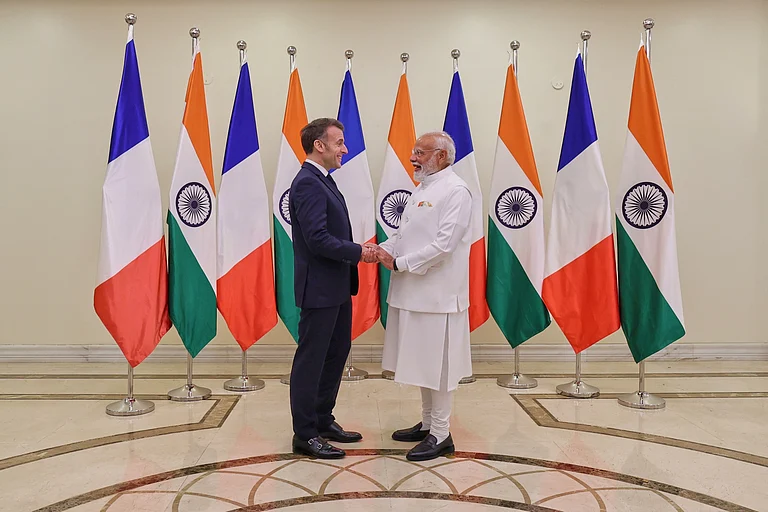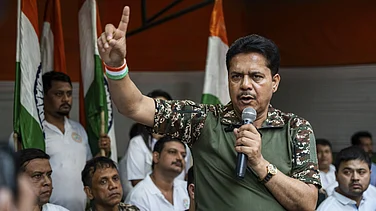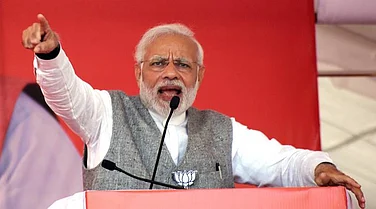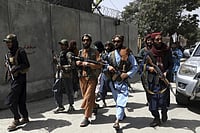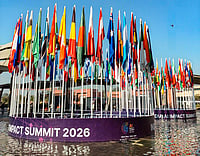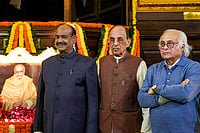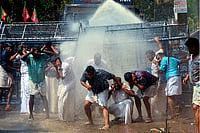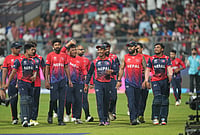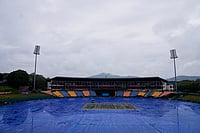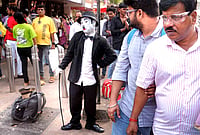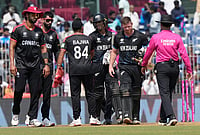Nationalist Congress Party (NCP) chief, Sharad Pawar, firmly quashed rumors of a party split during a recent press interaction. Speaking from his hometown of Baramati in Pune district, Pawar addressed the media, emphasizing that Maharashtra's Deputy Chief Minister, Ajit Pawar, remains a stalwart leader within the NCP ranks.
While acknowledging that a handful of leaders had departed from the NCP due to differing political perspectives, Sharad Pawar dismissed the notion of a formal split within the party. He clarified that ideological differences and individual choices are intrinsic to a healthy democracy and maintained that such instances don't amount to a full-fledged separation, as reported by PTI.
The issue came to light following Ajit Pawar's divergent stance from the party's official line, prompting a complaint to the assembly speaker by NCP's Baramati MP, Supriya Sule. Sule, who also serves as the party's working president, had earlier affirmed that Ajit Pawar continues to be a senior leader and MLA of the NCP.
When asked about his daughter's statement, Sharad Pawar echoed her sentiment unequivocally. "There's no question that Ajit Pawar is our party leader," he stated. He further elaborated that the concept of a political split entails a substantial separation at a national level, which hadn't occurred in this instance. He likened the recent occurrences to the democratic right of individuals to make decisions in alignment with their beliefs.
The political landscape witnessed a development on July 2, when Ajit Pawar and eight other NCP MLAs aligned themselves with the Eknath Shinde-led coalition government formed by the Shiv Sena-Bharatiya Janata Party (BJP) alliance. However, this realignment was contextualized by Sharad Pawar as a divergence in political stance rather than a conclusive split.






